Freedom of expression online
Filter resources
-
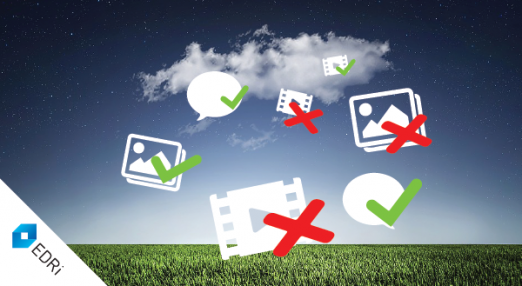
Poland challenges copyright upload filters before the CJEU
On 24 May 2019, Poland initiated a legal challenge (C-401/19) before the Court of Justice of the European Union (CJEU) against Article 17 of the Directive on copyright in the Digital Single Market. EDRi member Centrum Cyfrowe Foundation has previously tried to get access to the complaint using freedom of information (FOI) requests, without success. […]
Read more
-
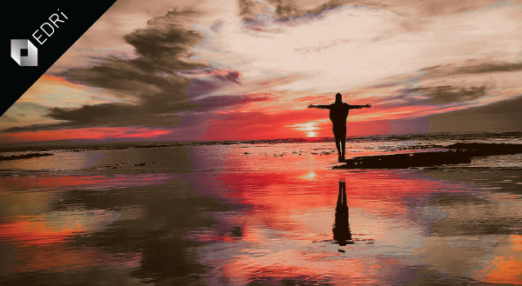
E-Commerce review: Safeguarding human rights when moderating online content
This is the fourth and last blog post in our series on Europe’s future rules for intermediary liability and content moderation. You can read the introduction here. In our previous blog posts on the upcoming E-Commerce review, we discussed examples of what can go wrong with online content regulation. But let’s imagine for a moment […]
Read more
-
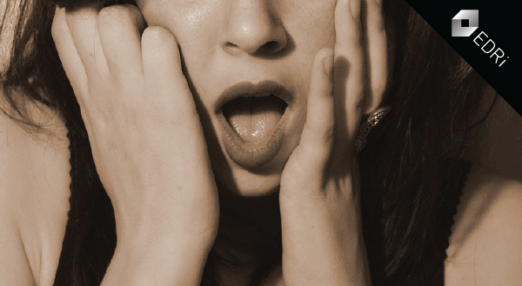
E-Commerce review: Mitigating collateral damage
This is the third article in our series on Europe’s future rules for intermediary liability and content moderation. You can read the introduction here. Asking social media and other platform companies to solve problems around illegal online content can have serious unintended consequences. It’s therefore crucial that new EU legislation in this field considers such […]
Read more
-

Diego Naranjo becomes EDRi’s new Head of Policy
European Digital Rights is happy to announce that – following an open recruitment process – Diego Naranjo will step up from his role as Senior Policy Advisor, and start his work as EDRi’s Head of Policy in September 2019.
Read more
-
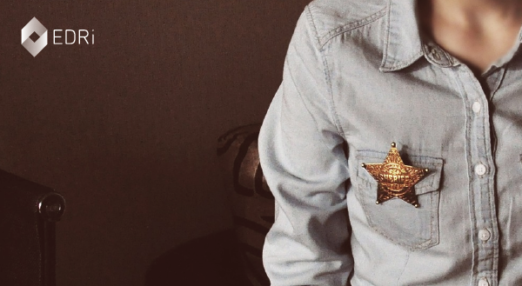
More responsibility to online platforms – but at what cost?
In the European Commission’s internal note published by Netzpolitik.org on 16 July 2019, the Commission presents current problems around the regulation of digital services and proposes a revision of the current E-Commerce Directive. Such a revision would have a huge impact on fundamental rights and freedoms. This is why it’s crucial for the EU to […]
Read more
-
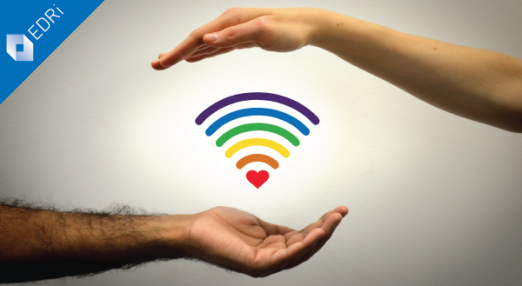
The digital rights of LGBTQ+ people: When technology reinforces societal oppressions
Online surveillance and censorship impact everyone’s rights, and particularly those of already marginalised groups such as lesbian, gay, bisexual, transgender and queer and others (LGBTQ+) people. The use of new technologies usually reinforces existing societal biases, making those communities particularly prone to discrimination and security threats. As a follow-up to Pride Month, here is an […]
Read more
-
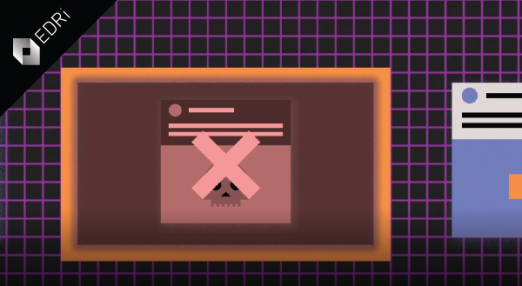
“SIN vs Facebook”: First victory against privatised censorship
In an interim measures ruling on 11 June 2019, the District Court in Warsaw has temporarily prohibited Facebook from removing fan pages, profiles, and groups run by Civil Society Drug Policy Initiative (SIN) on Facebook and Instagram, as well as from blocking individual posts. SIN, a Polish non-profit organisation promoting evidence-based drug policy, filed a […]
Read more
-
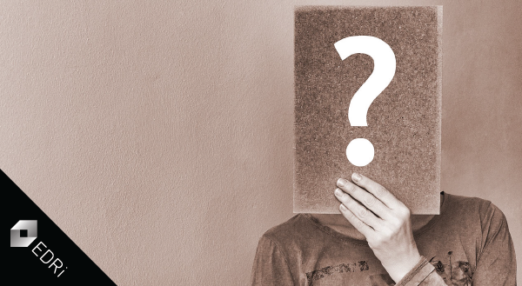
E-Commerce review: Technology is the solution. What is the problem?
This is the second article in our series on Europe’s future rules for intermediary liability and content moderation. You can read the introduction here. When it comes to tackling illegal and “harmful” content online, there’s a major trend in policy-making: Big tech seems to be both the cause of and the solution to all problems.
Read more
-
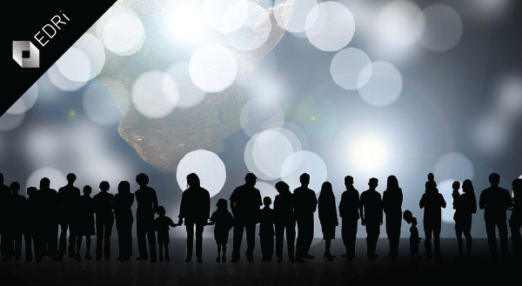
Regulating online communications: Fix the system, not the symptoms
Our digital information ecosystem fails to deliver the communications landscape needed to sustain our democracies. In a problem analysis, EDRi member Bits of Freedom introduces and disentangles some of the key concepts and issues surrounding the dominant role of platforms and the resulting harms to our freedom of expression.
Read more
-

Open letter demands interoperability of the big online platforms
On 21 May 2019, EDRi observer La Quadrature du Net, along with 70 other organisations, including some EDRi members, sent a letter asking the French government and members of the Parliament to force web giants (Facebook, Youtube, Twitter…) to be interoperable with other online services. The purpose is to allow users of these platforms to […]
Read more
-
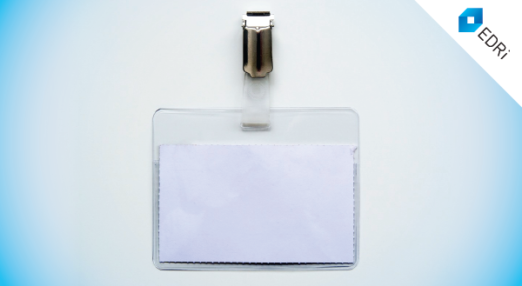
Fighting online hatespeech: An alternative to mandatory real names
The internet facilitates debates: People around the globe can connect at almost zero cost, and information and opinions that would otherwise hardly be noticed can go viral through social media. However, services like Twitter and Facebook can also be used for targeted defamation. Especially people who belong to minorities or endorse views outside the mainstream […]
Read more
-

E-Commerce review: Opening Pandora’s box?
The next important battle for our rights and freedoms in the digital sphere is looming on the horizon. While the public debate has recently focused on upload filters for alleged copyright infringements and online “terrorist” content, a planned legislative review will look more broadly at the rules for all types of illegal and “harmful” content.
Read more
